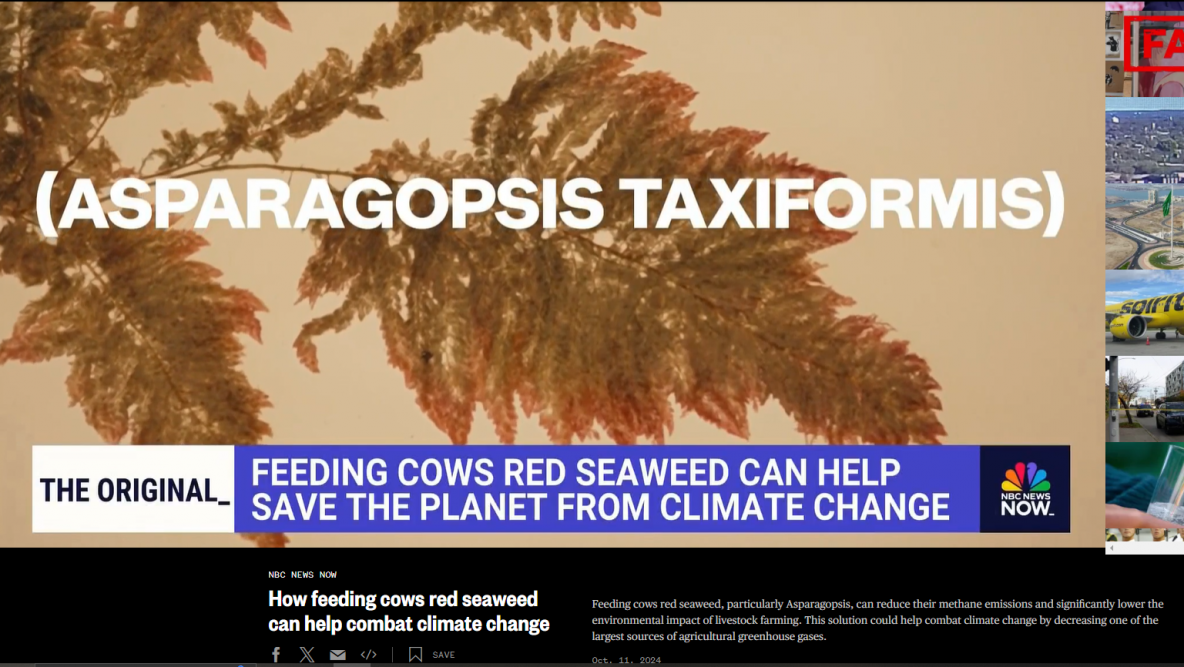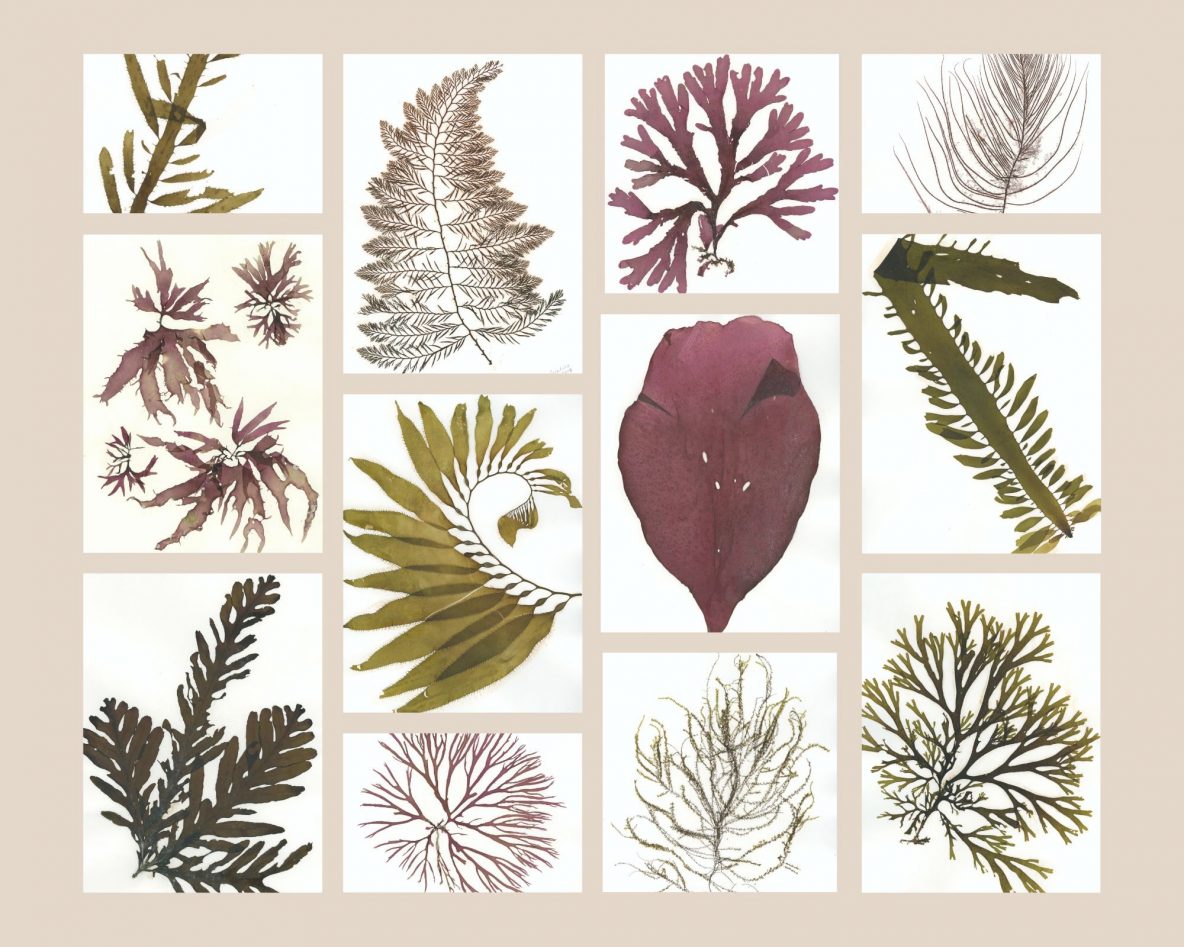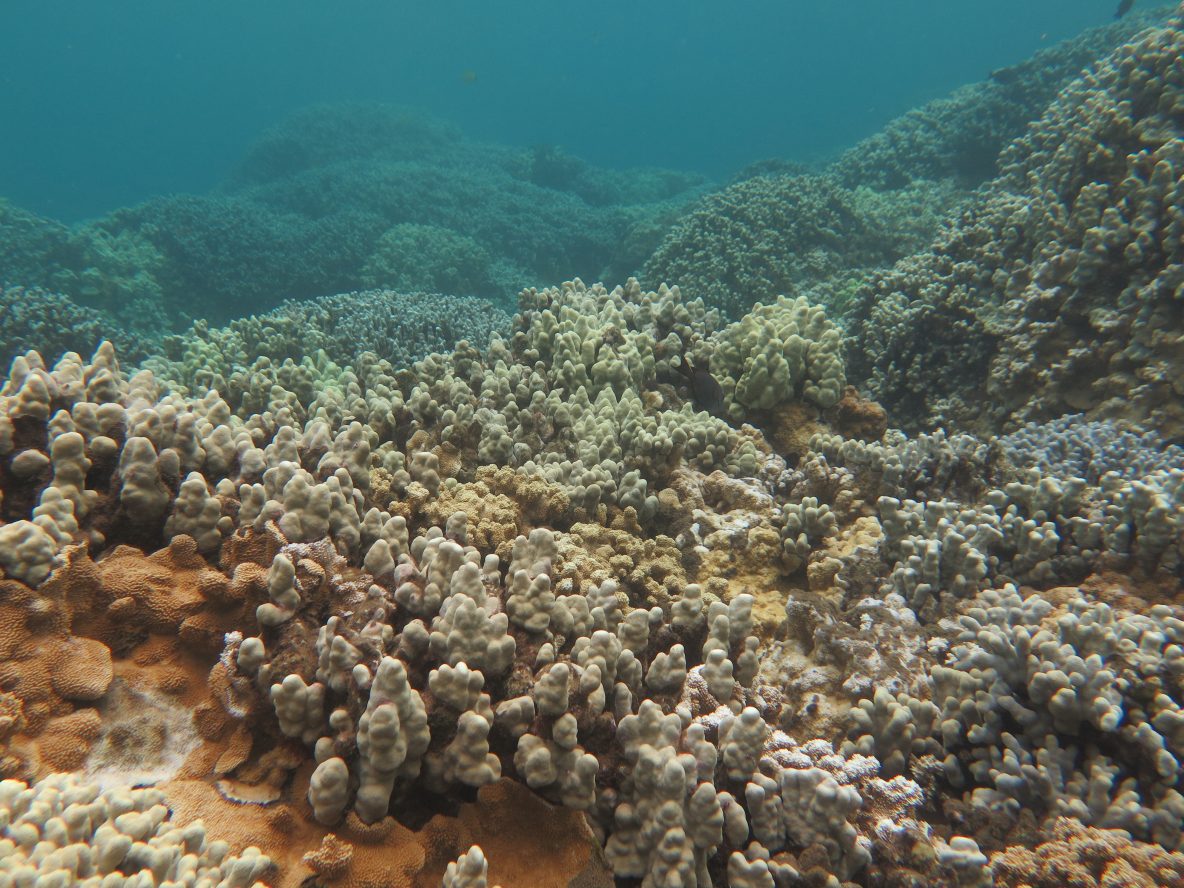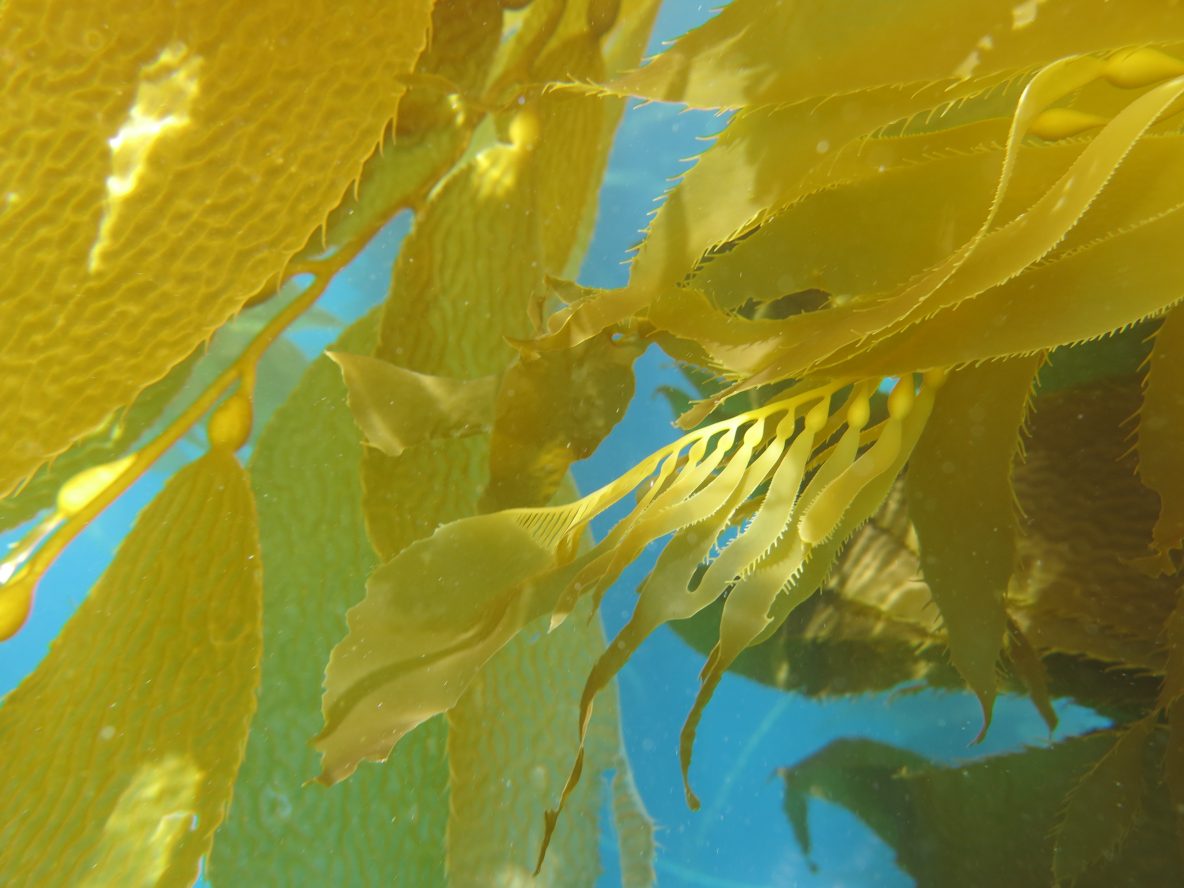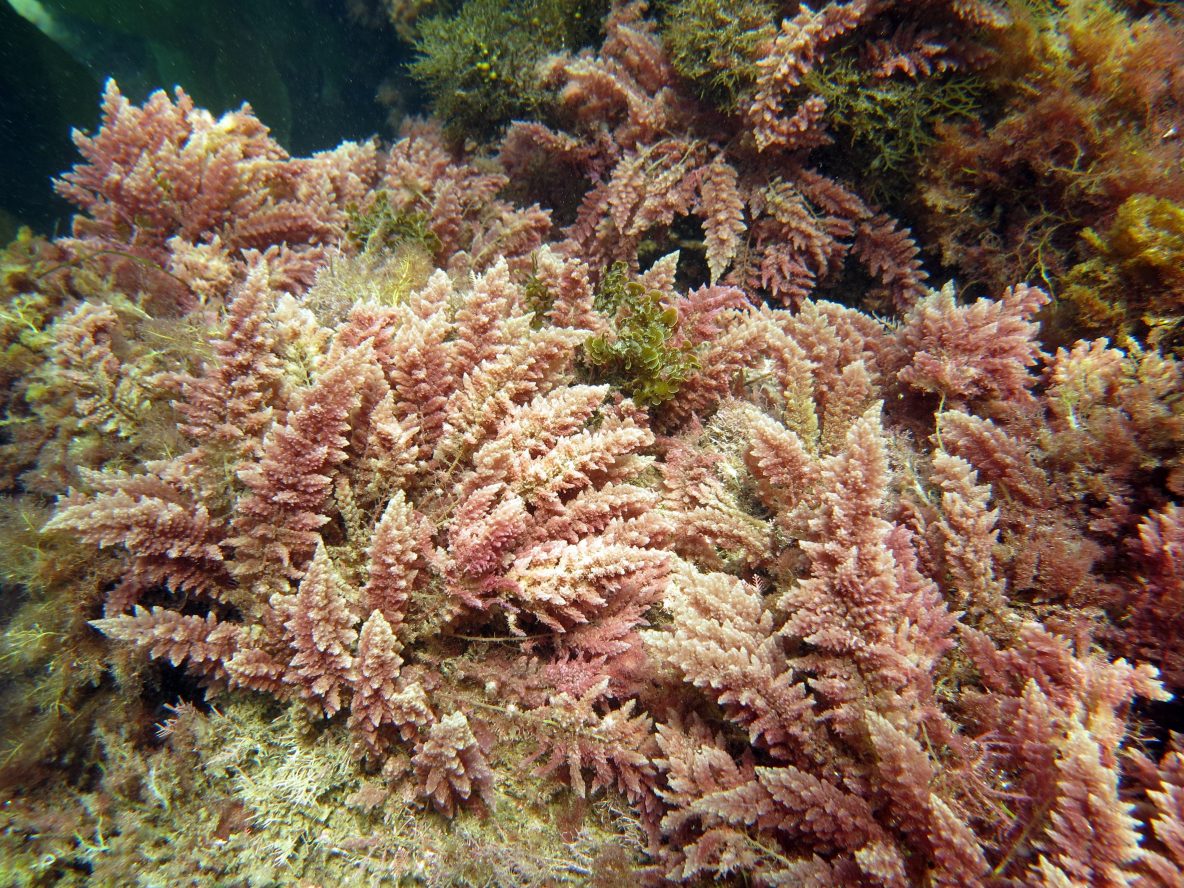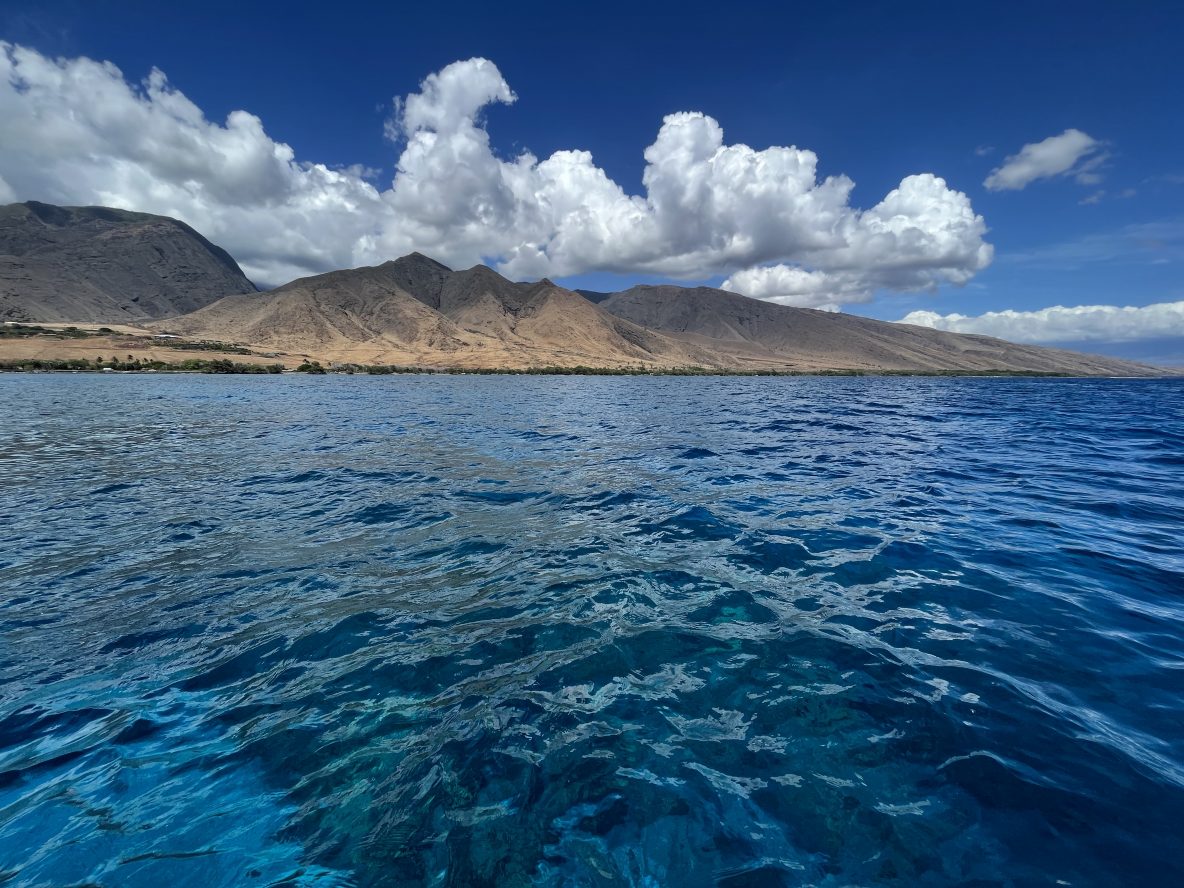The Smith Seaweed Ecology Lab at UC San Diego’s Scripps Institution of Oceanography is showcasing the scientific diversity and natural beauty of seaweeds through the new Ellen Browning Scripps Herbarium Collection. This resource — a digitized and physical collection of thousands of dried seaweed specimens — is designed to teach and inspire the next generation of scientists, artists and innovators. … Read More
“Kelp Currency” — Short Film by Seatrees
Kelp forests have the power to protect marine life, absorb carbon, and reverse climate change – so why aren’t they getting the funding they deserve? “Kelp Currency,” a short film ft. Professor Jennifer Smith and Postdoctoral Researcher Laís Lima, explores the Seatrees Kelp Carbon Science Project. This groundbreaking research aims to quantify the carbon benefits of wild kelp forests and … Read More
Waterlust’s Kelp Forest Collection
Waterlust, an eco-friendly ocean apparel brand, has partnered with the Smith Seaweed Ecology Lab to launch a “Kelp Forest Collection” of swim and activewear. Every purchase from this collection donates 5% of sales to our lab and advocates for kelp forest conservation and restoration!
Ever wondered how feeding seaweed to cows can help fight climate change?
Ever wondered how feeding seaweed to cows can help fight climate change? Check out this news story from NBC for more information and details about the Smith Lab’s latest collaboration. Click here for the full story! If you want to learn more about the Smith Lab’s research on Asparagopsis taxiformis, you can find more info on our Research Page. … Read More
“Underwater Gardens” — Short Film by Smith Lab Volunteer
One of our talented volunteers, Nicole Lopez (mentored by Dr. Adi Khen), put together this film about the Smith Lab’s efforts to re-establish an herbarium collection at Scripps Oceanography. “Underwater Gardens” is a short exploration of the often overlooked but beautiful world of seaweeds, and the unexpected ways they intersect with art, science, and climate solutions: Stay tuned for future … Read More
Smith Lab revisits Maui’s coral reefs to find many layers of resilience
Since 2014, the Smith Lab has been collecting large area imagery to monitor the coral reefs of Maui’s leeward (protected) coast using structure from motion (SfM) technology. Through this work, researchers have captured how the reefs grow and change through time in the midst of a variety of global and local disturbances and stressors. Most notably, this time-series is the … Read More
Postdoctoral Position in Kelp Thermal Tolerance
Postdoctoral Opportunity: Thermal tolerance, population variability and experimental restoration of kelp in Southern CA in the Smith Lab at Scripps Institution of Oceanography The Smith lab is looking to recruit a new postdoctoral researcher in early 2024 to work on an exiting new project focused on thermal tolerance in habitat forming and understory kelp taxa in southern California as related … Read More
Can Seaweed Save the Planet?
Dr. Jennifer Smith was featured in the Wavelengths series’ latest video! A species of seaweed is behind a major movement to curb methane emissions from an unlikely source—cow burps. Marine ecologist Jennifer Smith leads the Smith Lab at Scripps Oceanography where she cultivates Asparagopsis taxiformis, a species of red algae that produces a compound that could greatly reduce the production … Read More
Smith Lab urges solidarity with Maui communities in wake of wildfires
Three weeks ago, the deadliest US wildfire in more than a century swept through west Maui, decimating the historic city of Lāhainā. One week before that, members from my lab returned from our latest field expedition to Lāhainā, Maui, where we’ve been monitoring coral reefs for more than a decade. Every time we’ve gone to Maui, my team has stayed … Read More
Postdoc Job Announcement
JOB ANNOUNCEMENT ALERT! POSTDOCTORAL RESEARCH POSITION AT SCRIPPS INSTITUTION OF OCEANOGRAPHY, UCSD – BIOLOGY SECTION Scripps Institution of Oceanography (SIO, http://scripps.ucsd.edu) at the University of California San Diego (UCSD) invites applications for a full-time Postdoctoral Researcher to work with an interdisciplinary research team focused on the topic of Kelp Forest Ecology, Ecophysiology, Carbon Cycling and Sequestration Potential. The incumbent will … Read More





